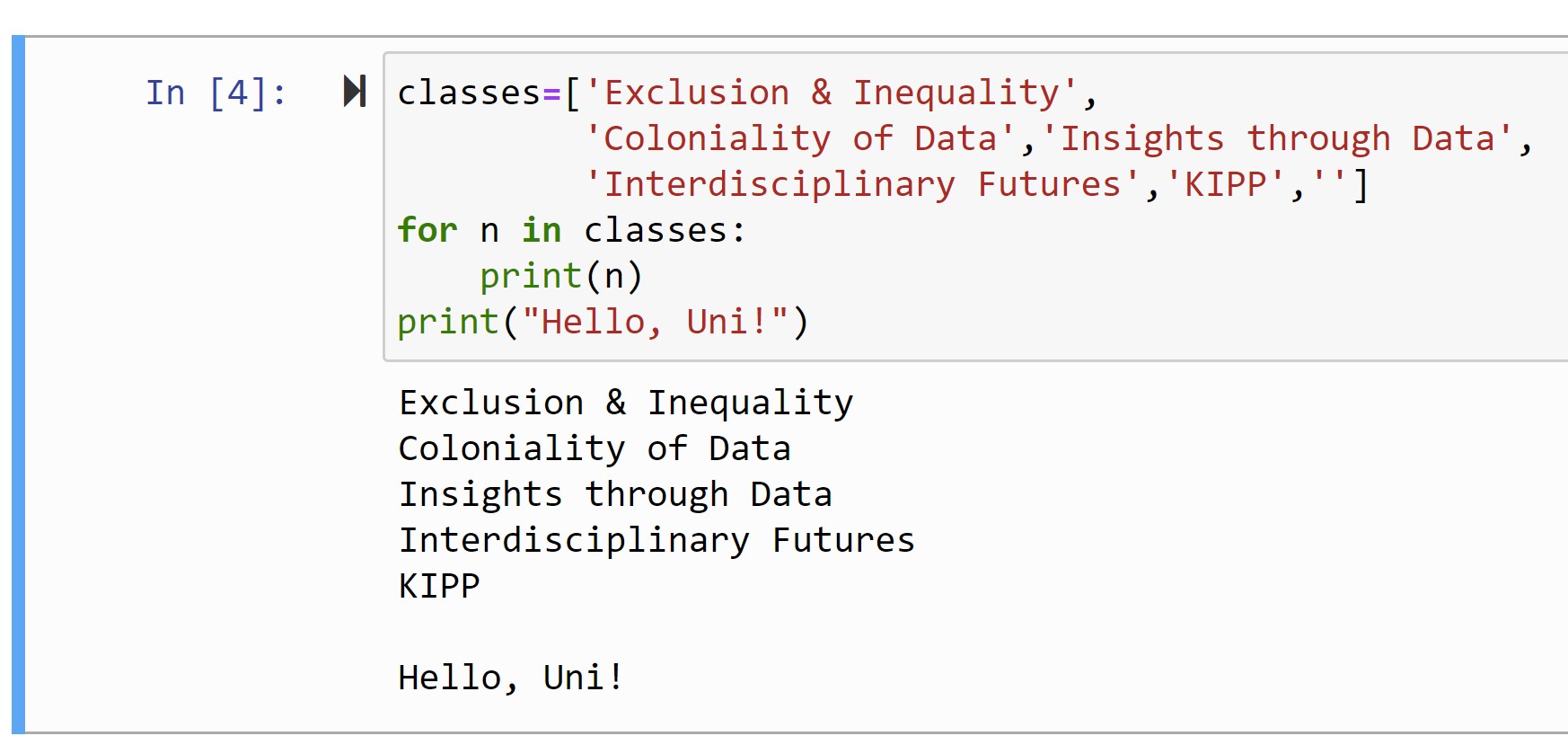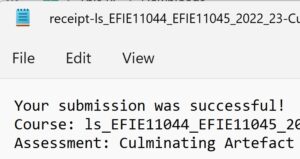Weeks 9/10 – Space Making and Counter Cartography

Submission Receipts = Celebration
 The past few weeks have been mostly production — converting the reading, listening, discussing, watching, struggling and thinking from first half of term into inventions, papers, presentations, code, feedback and blog posts. The ‘what’ of this was a decent challenge, but the more significant hurdles have been the ‘how’ of collaborating on multiple group projects during narrow windows of mutual availability. Not optimal, but cool work has come from it and I’ve gotten to know people who I have learned from, been inspired by, laughed and grumbled with and have generally appreciated.
The past few weeks have been mostly production — converting the reading, listening, discussing, watching, struggling and thinking from first half of term into inventions, papers, presentations, code, feedback and blog posts. The ‘what’ of this was a decent challenge, but the more significant hurdles have been the ‘how’ of collaborating on multiple group projects during narrow windows of mutual availability. Not optimal, but cool work has come from it and I’ve gotten to know people who I have learned from, been inspired by, laughed and grumbled with and have generally appreciated.
What is Counter Cartography?
My group Coloniality of data project, in particular, pushed progressed my final project concept (again, I highly recommend this course). The assignment was to identify an example of coloniality via datafication and produce a de-colonial response. We responded to a police-designated crime zone in Berlin, Germany. During a project discussion, professors, Stephen Dunne and rashne limki, introduced us to a body of work called ‘counter cartography’. My take: space-making via the representative knowledge of the people in that space vs. those in power or outside the space. I had been dancing with this concept for my final project without knowing a term for it and even found counter cartography by Larissa Fassler being applied to the relevant space in Berlin.
Using Google Maps to Create Counter Cartography
As my primary contribution to the project, I created an interactive Google map of the police-designated crime zone that connected (public) videos created by people living, working, and visiting Berlin to the locations in the map. The videos represent many topics, languages, interests, dayparts, production quality, etc. of people in both indoor and outdoor spaces. Some are 100% visual, some are primarily auditory. The intention is to capture a fuller experience of life in these spaces.
What I find additive about this product is that these videos about an experience in a place are (almost all) floating in the internet and are not attached to the space or each other. They primarily exist attached to an individual’s channel or blog, telling a story about the one person. But when placed in the context of the map, they tell a story about the collective human experience of that space and re-define spaces that are often referred to as shorthand for ‘dangerous’ as being full of music, amazing food, learning, diversity, celebration, discovery, access, expression, friendship, productivity, confidence, connection, leisure, nature and pride.
To demo an interactive Google map technique here (not a response to coloniality of data), I created a mini UofE interactive map.
Next Up
I will, indeed, be using much of my school holiday to take a proper holiday from school, But I will also take advantage of the free brain space to learn more about counter cartography.




OMG! I love this idea of interactive map. A map of collective experience of a place-how wonderful that sounds! Thank you for the demo!
Thanks for taking the time to read my post, Hanyu =)